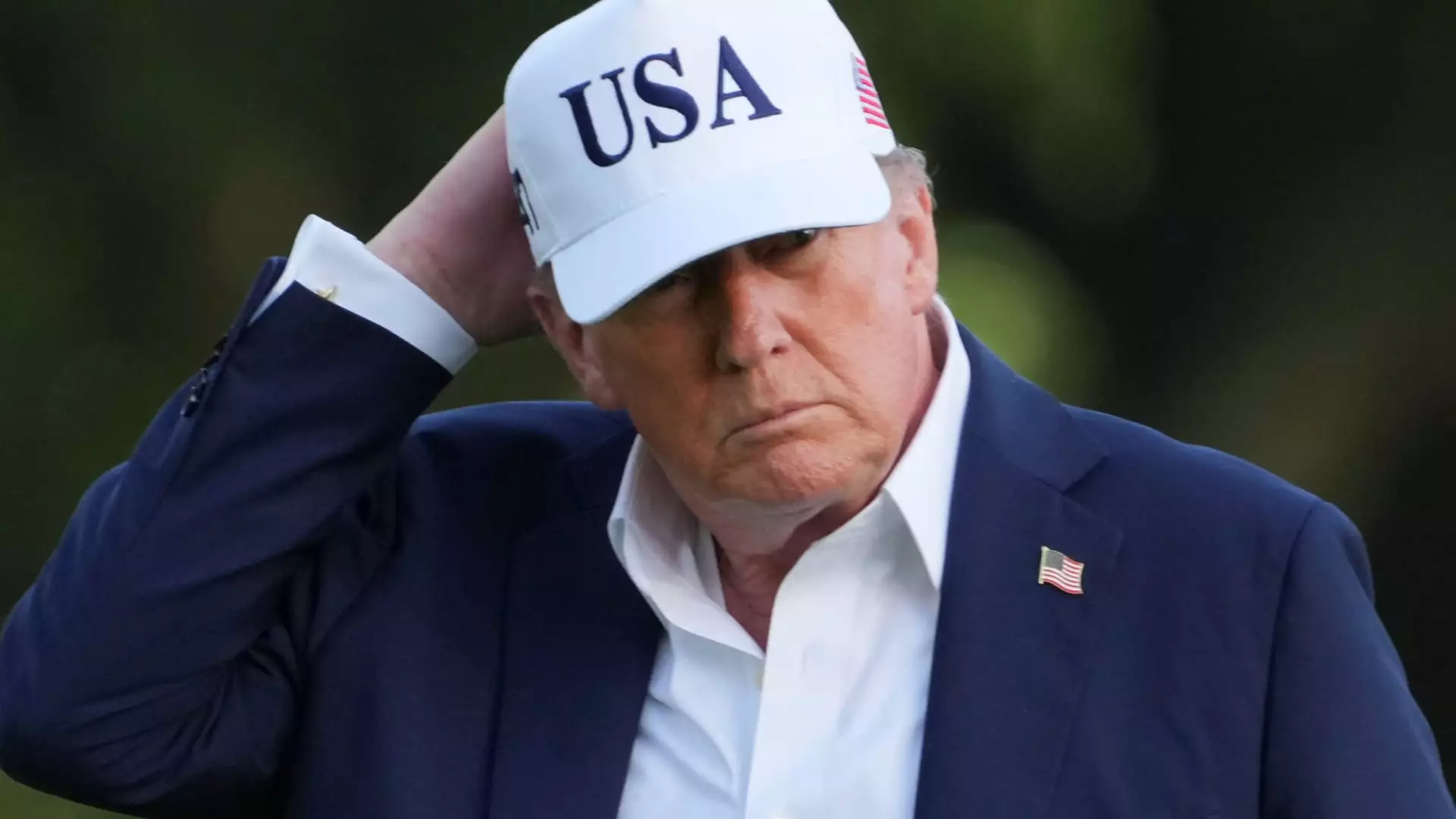For years, the narrative championed by some policymakers and economic nationalists has painted tariffs as a tool for protecting American industries and ensuring economic sovereignty. Yet, beneath this veneer of patriotism lies a destabilizing strategy that risks undermining global economic stability and, paradoxically, the very prosperity it claims to defend. The recent announcement of sweeping 25% tariffs on imports from Japan and South Korea exemplifies this misguided approach. It assumes that unilateral tariffs are a silver bullet, but in reality, they are more akin to a iberian sword, slicing through the intricate fabric of international trade and cooperation.
Economies thrive on interconnectedness. When a nation imposes punitive tariffs, it isn’t just protecting a sector from foreign competition; it’s inviting a cascade of retaliatory measures, choking off supply chains, and raising prices on consumers. The assumption that the U.S. can single-handedly correct its trade deficits by raising barriers is a fundamental misconception. Trade deficits are complex indicators with nuanced implications, reflecting a variety of underlying economic factors—consumer preferences, technological innovation, and currency valuations—not simply unfair practices by partner nations.
Furthermore, invoking tariffs as a means of “correcting” trade imbalances overlooks the global economy’s symbiotic nature. Countries like Japan and South Korea are pivotal in technological supply chains, automotive industries, and cultural exports. Their retaliatory response, which could escalate tariffs further, threatens to spiral into trade wars that damage not just the targeted countries but U.S. consumers and industries as well. The last thing the American working class needs is higher costs on everyday goods, which are the direct consequence of such protectionist policies.
The False Promise of Retribution and Negotiation
The language used in the recent executive notices—warning Japan and South Korea that any retaliation will be added onto existing tariffs—reeks of brinkmanship rooted in confrontation rather than cooperation. It’s a shortsighted approach driven by a desire for immediate political wins rather than long-term strategic thinking. Equating tariffs with leverage ignores the fact that persistent trade tensions rarely produce the outcomes promised by tariffs proponents. Instead, they foster an environment of suspicion, economic insecurity, and diminished trust between allies.
The administration’s assertion that tariffs might be adjusted depending on the relationship with these countries again simplifies an inherently complex diplomatic dynamic. Trade is not merely a transactional ledger; it’s a foundation for diplomatic relationships, regional stability, and mutual growth. Imposing tariffs under the guise of advocacy for fair trade is a flawed premise if it leads to alienation and destabilized alliances. Japan and South Korea are critical partners in addressing global challenges—climate change, cybersecurity, and regional security. Treating them as enemies to be coerced dismantles the collaborative spirit necessary to face these issues.
Moreover, the framing of tariffs as a means to “correct” trade deficits sidesteps a critical reality: deficits are not necessarily signs of economic villainy but reflections of various macroeconomic factors. The U.S. economy’s reliance on imports and its currency’s role as the world’s reserve asset make deficits natural in some contexts. Pursuing a path of tariffs to “balance” these figures risks disrupting the entire international financial system, leading to instability that will disproportionately hurt American consumers and workers.
The Broader Impact: Eroding Trust and Global Leadership
Historically, economic strength has been rooted in diplomacy and multilateral engagement, not protectionism and bluster. The recent tariff threats undermine the foundation of American leadership on the global stage. Instead of fostering alliances built on mutual benefit, the approach risks turning allies into adversaries and eroding trust that takes decades to build. When tariffs are used as threats, it signals weakness rather than strength—a misconception that some, unfortunately, continue to endorse.
At its core, the push for tariffs ignores the importance of investment in innovation, education, and sustainable growth. These are the true drivers of long-term economic prosperity, not artificial barriers that raise prices, reduce choices, and stoke tensions. A more nuanced approach requires engaging with partners to address genuine concerns through diplomatic channels and multilateral agreements, rather than resorting to tariffs that punish consumers and workers alike.
In the end, trade policies rooted in protectionism threaten to advance a politics of division over cooperation, and short-term gains over long-term stability. An economy built on tariffs is a fragile house of cards, vulnerable to the shifting winds of international politics and markets. True strength lies in fostering open markets, respectful diplomacy, and policies that prioritize the well-being of our own citizens without alienating those who share our interests and values.


Leave a Reply